India has been in the news a lot lately....unfortunately for all the wrong reasons...here is one more...
Satyam Computers, an Indian computer services firm with ADR's listed on the NYSE, is facing a a severe governance fiasco. Satyam recently announced its decision to buy controlling stakes in two infrastructure companies in which the chairman and promoter of Satyam had sizable stakes. Founders of the Indian company Satyam held as much as 30 to 35% in the infrastructure companies - Maytas Infra inc and Maytas properties. According to analysts, the deal was not only overpriced (at $1.6 billion) but was also questionable on the grounds that the businesses (computer services and infrastructure) were not complementary by any stretch of imagination.
Satyam faced its shareholders' ire and saw its ADR price drop 55 % to a 52 week low of $5.70.
You can see the price fluctuation in the last 5 days for Satyam especially a sharp dip to the $5 levels.

Of course, seeing the market reaction, Satyam has abandoned its acquisition plans...but not without some beating to its reputation. Ironically, the company had recently been awarded the coveted Golden Peacock Global Award for Excellence in Corporate Governance for 2008. If this is the kind of governance measures that a "top governance" company practices what about the others? I shudder to think......
Satyam now faces an inquiry from India's Ministry of Corporate Affairs into the board decisions behind this acquisiton plan. The Ministry of Corporate Affairs has become more stringent on Indian companies, with a recent proposal that would require all companies, whether public or private, to have atleast a third of their directors to be independent.
Satyam has had a bad year overall...in October of this year, Satyam was banned from carrying out an offshore work for the World Bank after news one or more Satyam contractors were accused of installing a spy software at the World Bank workstations. Satyam had been the vendor of choice at the World Bank for a long time.
The Satyam governance debacle could possible be a culture issue specific to India and maybe other South Asian countries. A sizable number of large multinational corporations in India have started as family owned businesses. Even after these companies are made public, they continue to be governed at the whims and fancies of the promoter family. Personal relationships drive many business agreements....
A case in point is the ongoing battle between the Ambani brothers who run the Reliance group of companies. According to Forbes Magazine, both the Ambani brothers figure in the top 10 richest men in the world. Rich they maybe, but unfortunately, as far as corporate governance goes, they lag far behind. Their ongoing personal feud scuttled Reliance Communications' potential merger with South African MTN Communications.
Lack of governance measures maybe the norm in India but there are some notable exceptions too...on top of the list would be Infosys Technologies or the ICICI Bank ....maybe a few others. There aren't too many of them but hopefully Satyam's governance fiasco will prove a lesson to family owned businesses.
Keep checking back for updates on the Satyam story...




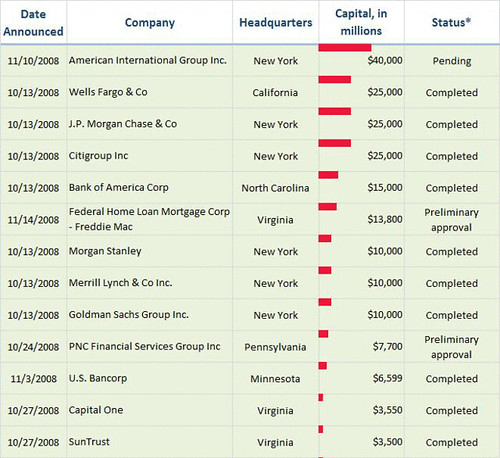
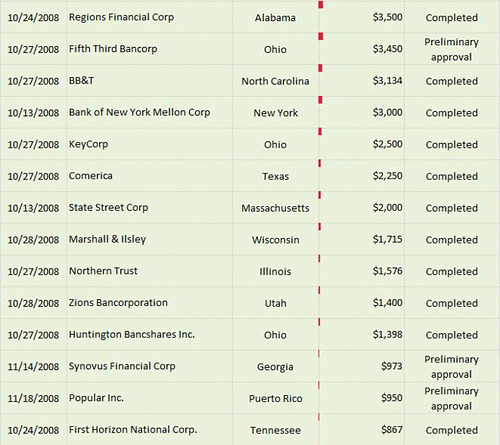

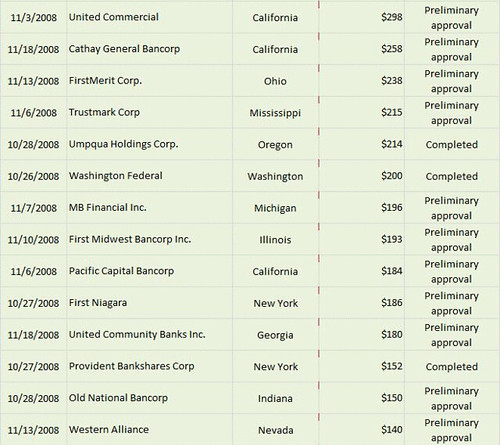
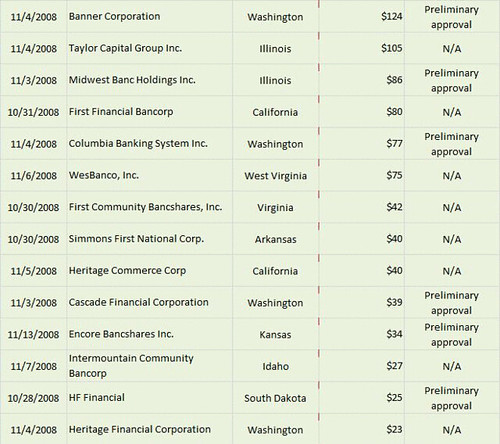
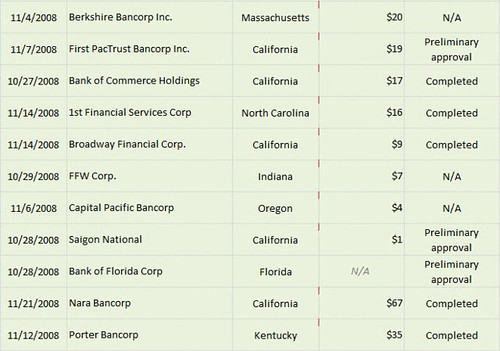










.gif)
